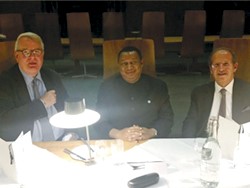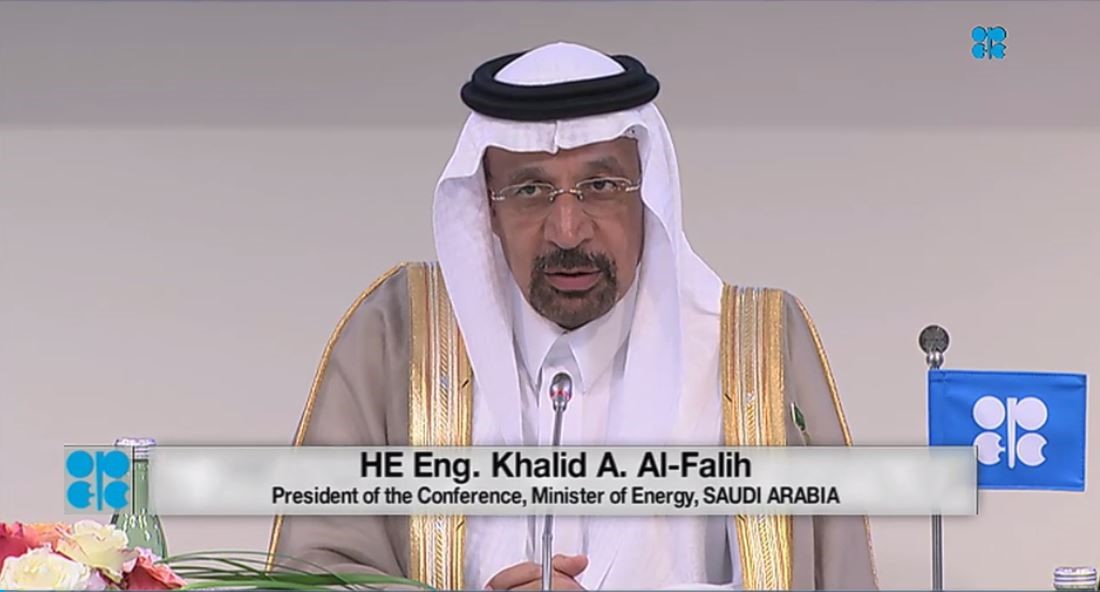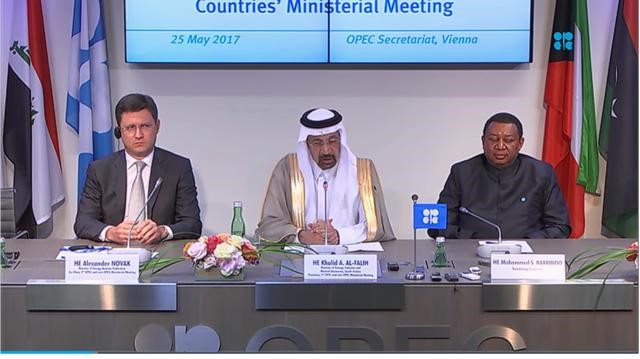
OPEC’s grand plan to cut production to drain blotted global oil inventories was a miserable failure in the first half of 2017. Total OECD stocks actually rose by about 75 million barrels by end-June from when the deal went into effect beginning in January.

But seasonal oil demand shifted into high gear in July and August. Inventories in the U.S., the largest oil consumer and the most data-transparent country in the world, dropped about 35 million barrels, given record-high demand for crude at U.S. refineries and relatively strong mid-summer product consumption.
This brief hiatus to OPEC’s failure to drain stocks in the first half of 2017 was already set to reverse when refineries performed their fall maintenance, reducing crude demand, and the summer driving season came to a close. But the two hurricanes, Harvey and Irma, accelerated the demand-destruction process.
About 3.2 million barrels a day (mmbd) of refinery throughputs were reduced by the Gulf hurricane, while petroleum product demand dropped 1.5 mmbd from the prior week. The impact of Irma on Florida and elsewhere in the Southeast is still uncertain and ongoing. Goldman Sachs has estimated that U.S. petroleum product demand may be nearly 900,000 b/d lower in September, and 300,000 b/d lower in October, as a result of the storms. Crude demand may average another million barrels per day lower due to problems reported at some refineries. Continue reading "Hurricanes Delivered A One-Two Punch To OPEC"


